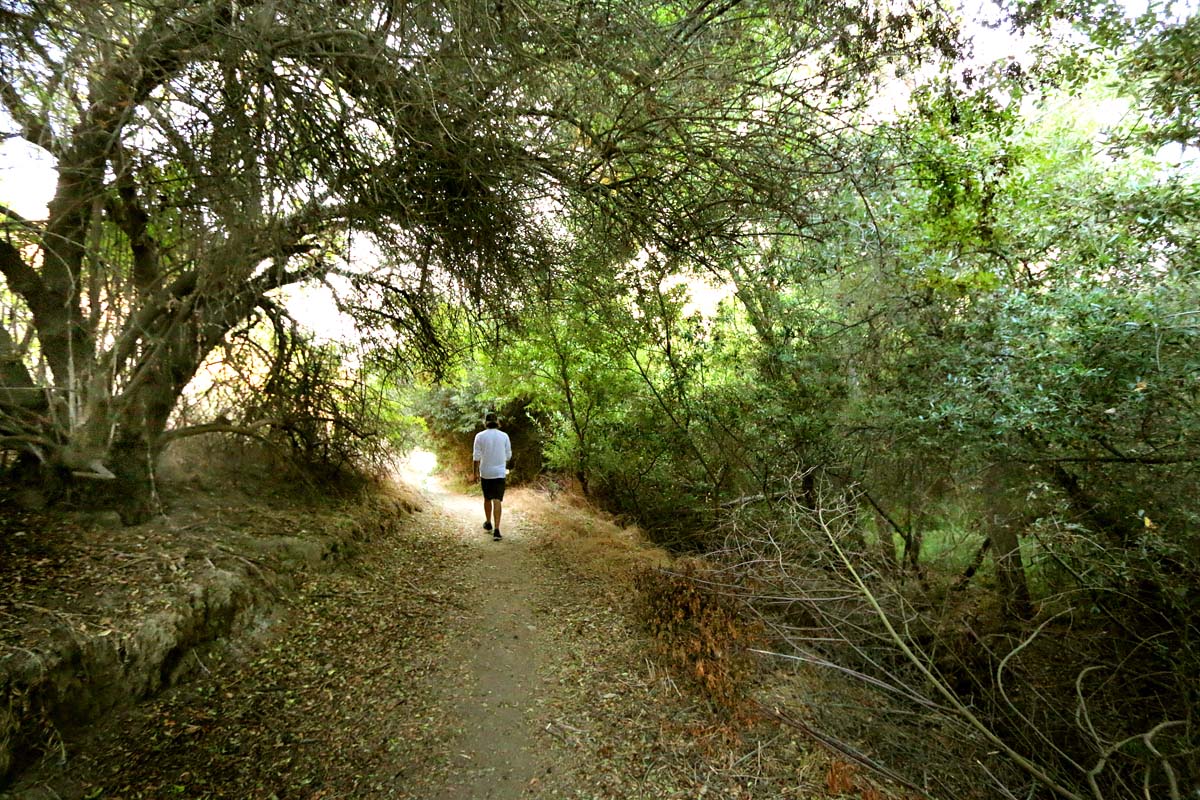
Lopez House
5 Reviews
Hello everyone! This is a friendly reminder that any of these fun places we may visit, we are a guest at. Please treat both businesses and trails with the utmost respect. We here at Hidden San Diego follow the 'Leave no Trace' mantra, meaning whatever you bring with you comes back with you. If you see trash on a trail, please do your part to help remove it. Remember, we are not picking up trash from another person but instead cleaning up for Mother Nature. Happy adventures!

The Lopez House is part of our members section
Dog Friendly: No Kid-Friendly: No
Located in one of San Diego’s few untouched preserves lays a bit of the city’s early history: the Lopez House. The backstory begins with Ignacio Lopez, an early pioneer in San Diego and part of a once influential family. Ignacio was a leatherjacket soldier and stationed at the Presidio. He was later elected to public office in 1822 and participated in the rebellion at the Presidio in 1831 with his sons, Juan and Jose.
Juan built the Casa de Lopez which is located in Old Town and registered as an historic site. His daughter, Eustaquia, was the mother of California governor Pio Pico. One of Ignacio’s sons, José Ramon, was given a land grant by Pio Pico in 1840 which is where the Lopez House was eventually built.
In 1890, José built their first homestead on the land, which was a wooden, 800 sq. ft. house. The property was one of the area’s main dairy farms during the turn of the 20th century. It remained in his hands until his death, in which his son, Ramon Lopez Jr., inherited the land along with his two sisters.
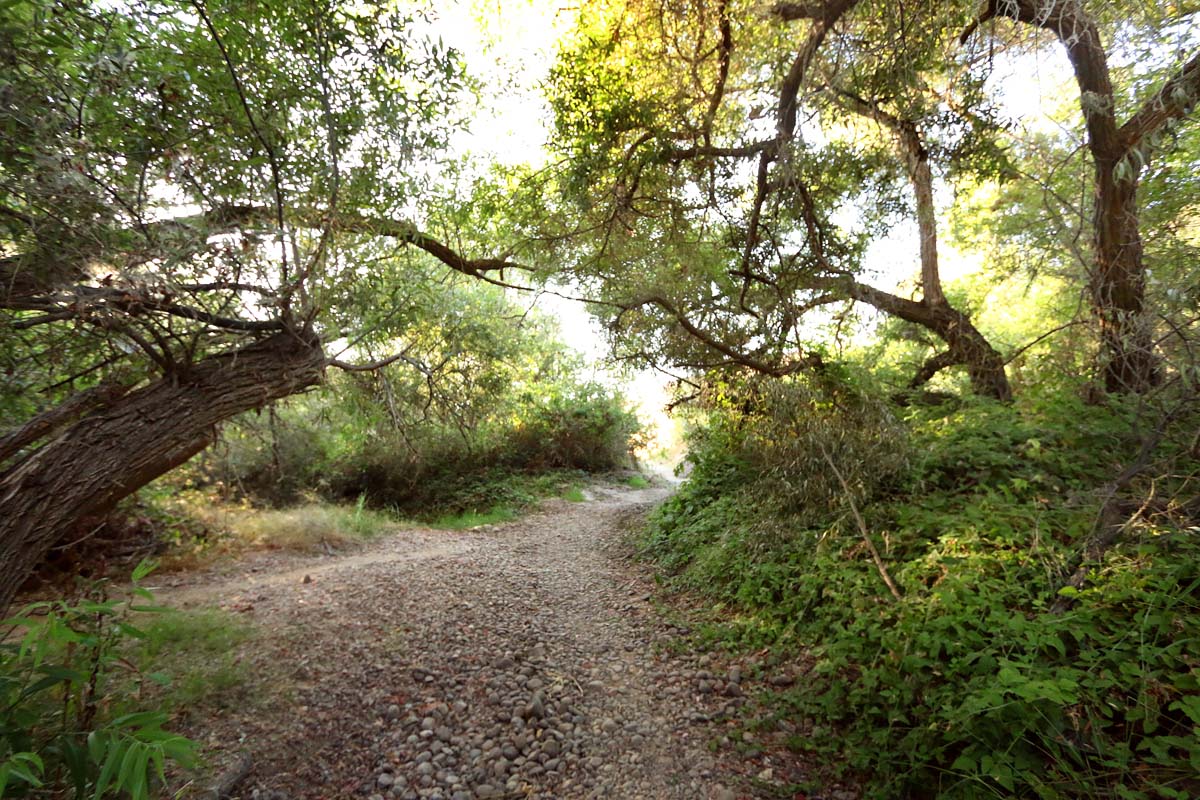 Ramon Jr. lived there until his own death in 1953. I find it fascinating that we found an old carving in the stairway that reads “Ramon Lopez 1953” and “entiendeme” above it which translates to “understand me”. Did one of his family members carve that as a memorial for him or perhaps did he carve that before he died?
Ramon Jr. lived there until his own death in 1953. I find it fascinating that we found an old carving in the stairway that reads “Ramon Lopez 1953” and “entiendeme” above it which translates to “understand me”. Did one of his family members carve that as a memorial for him or perhaps did he carve that before he died?
Shortly after his death, one of his other sisters died of polio. The last remaining sibling then left the homesite and moved downtown, abandoning the house. Being built entire of wood, the fragile house is believed to have blown down during a storm in the 1960’s. Today, it lays in rubble with nothing but concrete slabs. It’s the tiny details and the history itself that make this a worthwhile visit. Look for the initals “JPEC” and Ramon Lopez etched into the concrete.
Apparently there are still remnants of their orchard a little further southwest in the preserve. All that remained as of 2002 were two quince trees, two pear trees and one apricot. Wish I had found this when we were there! The orchard is believed to have been planted in 1890.
Personal Experience: We did this hike in early spring when everything was lush and green. I would not recommend doing this hike in hot weather as you will be walking through a lot of dead grass and shrubbery which is a rattlesnake’s preferred habitat. There is very little left of the homestead but the personalized etchings from a prominent family that helped mold San Diego’s early pioneer history makes it worth the trek.
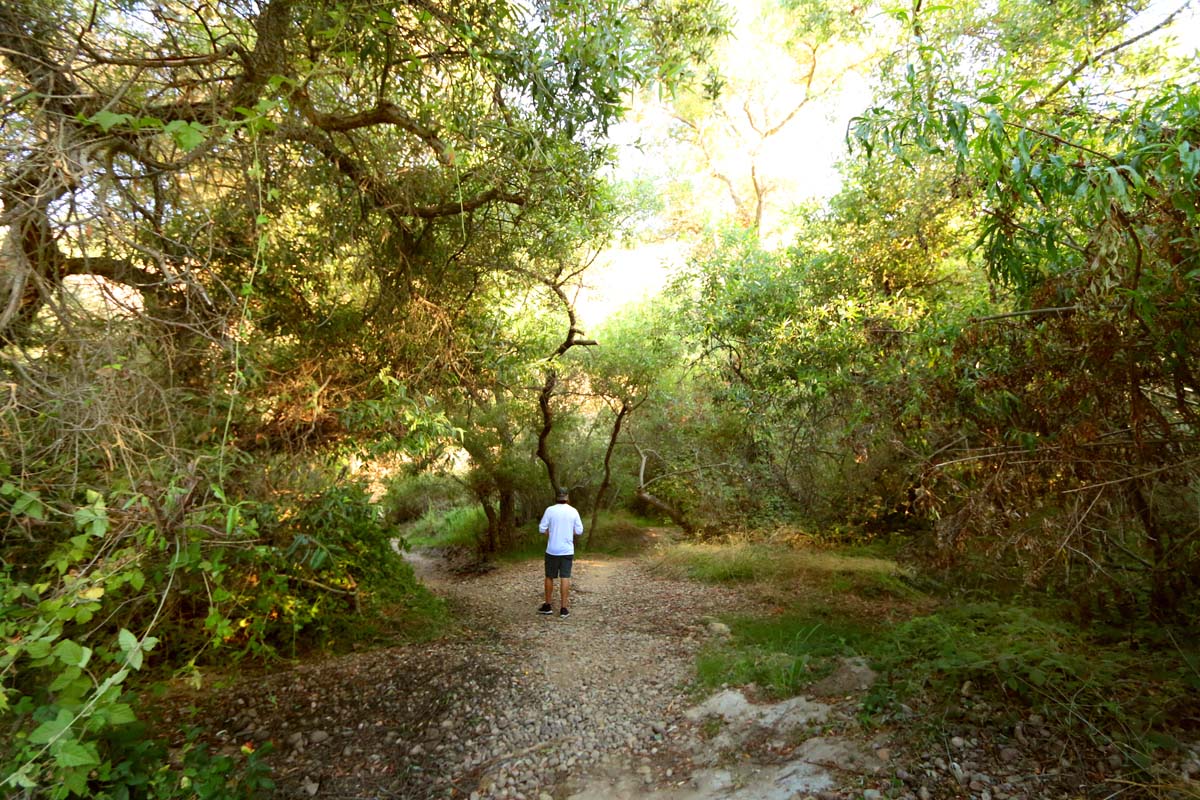
Next to the property site are two pepper trees, once planted by Jose:
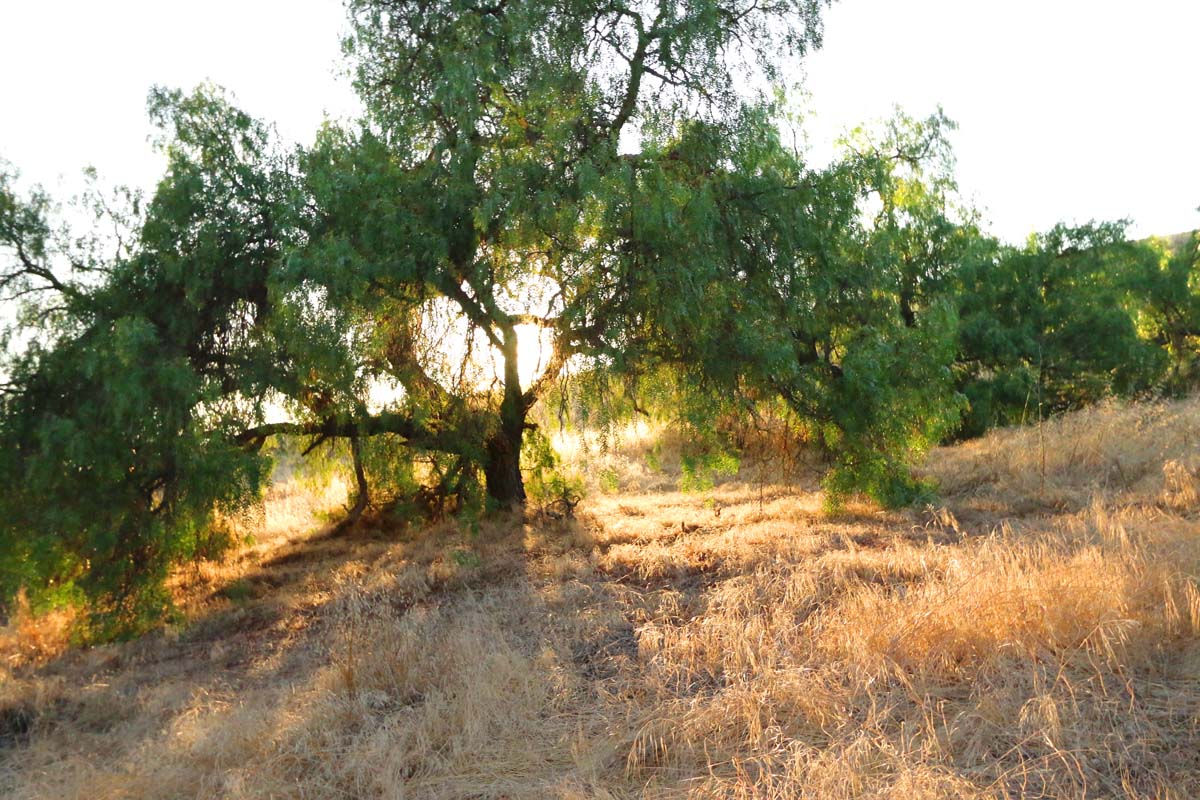
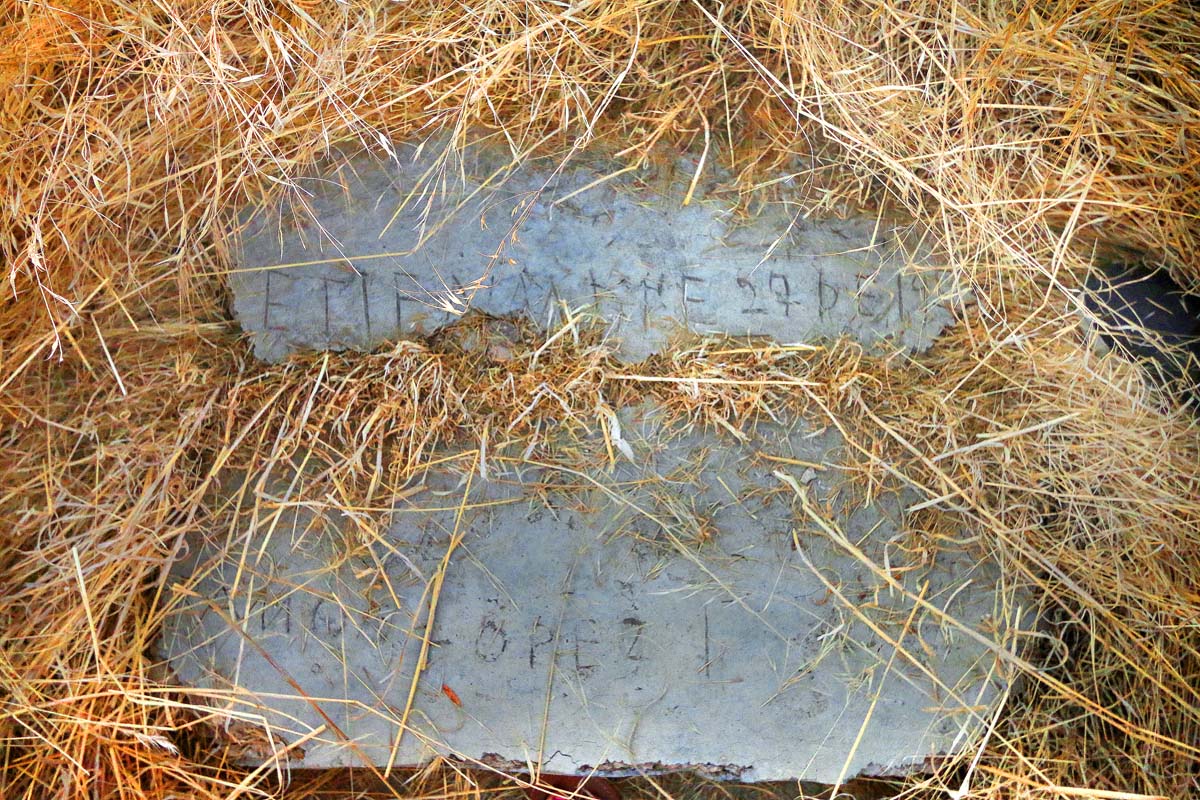
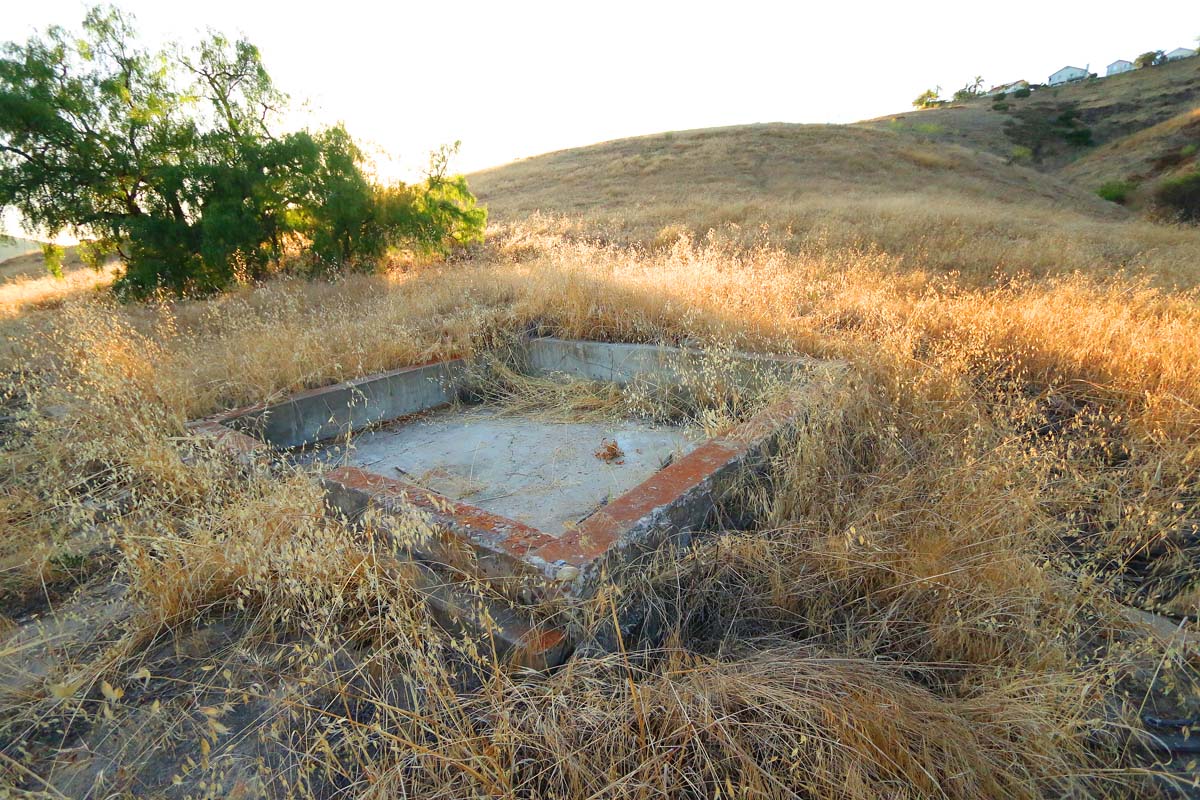
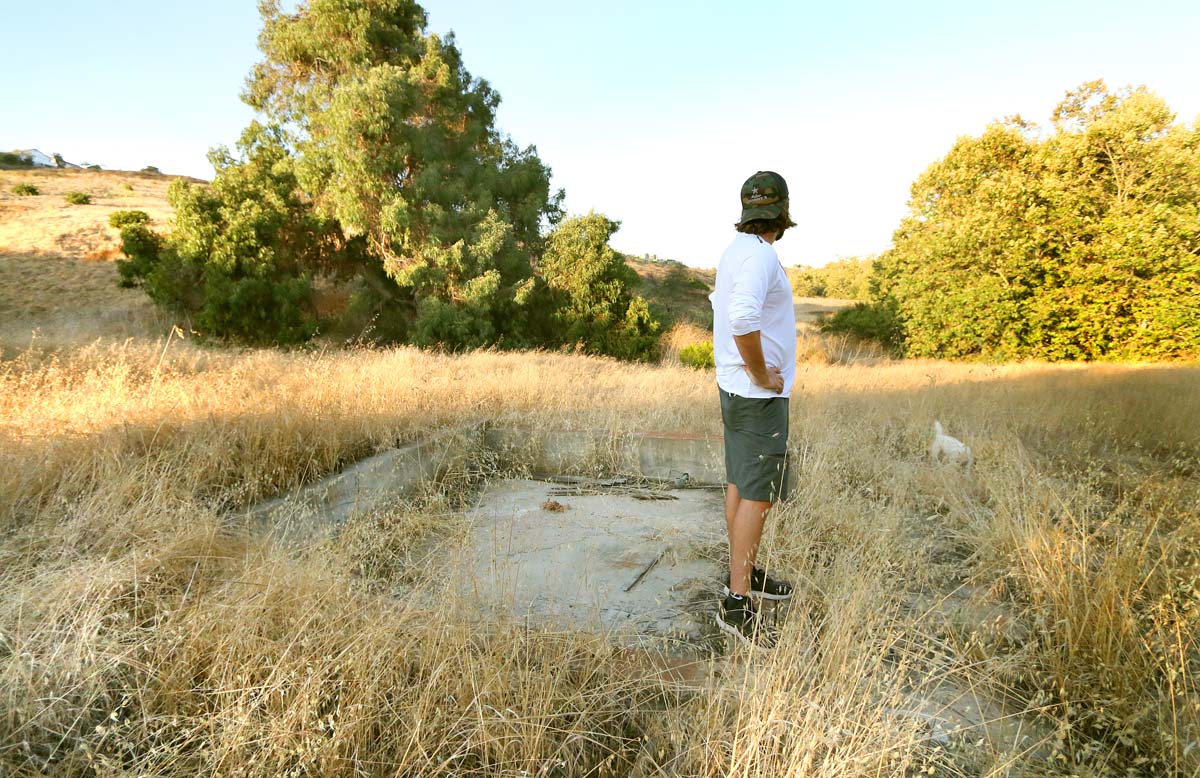
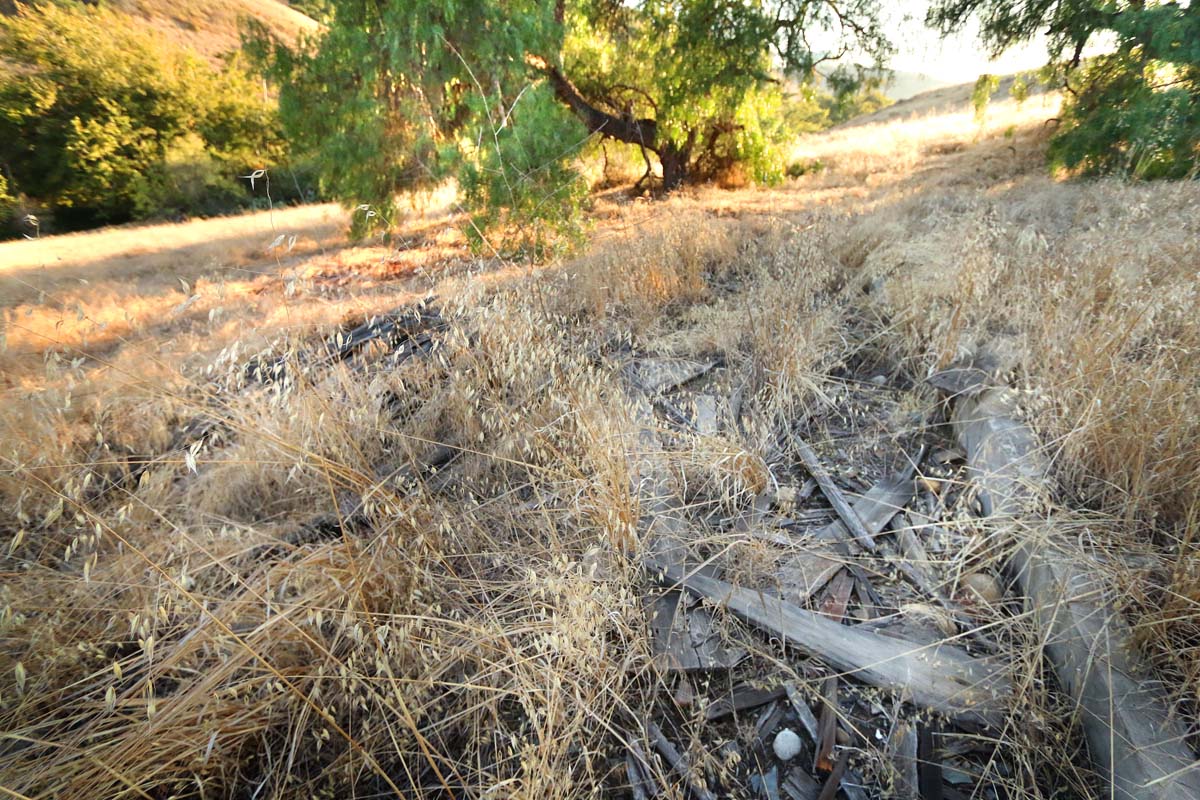
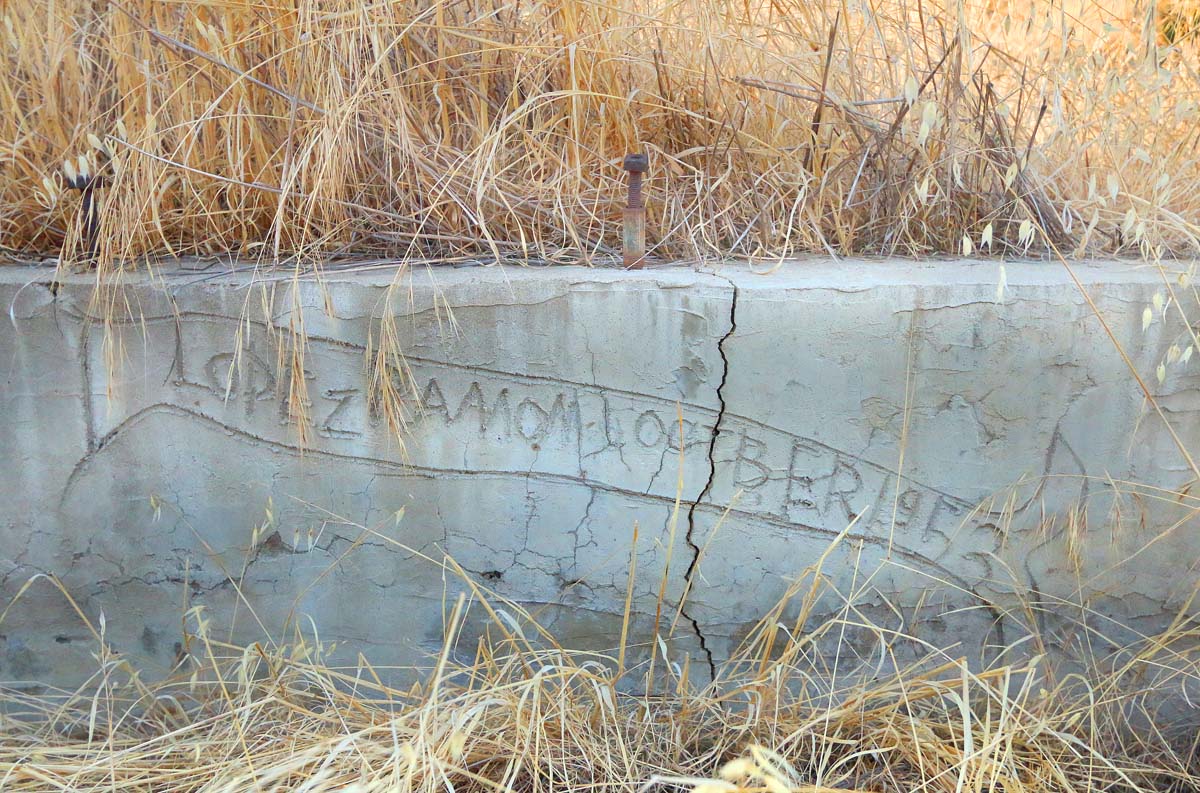
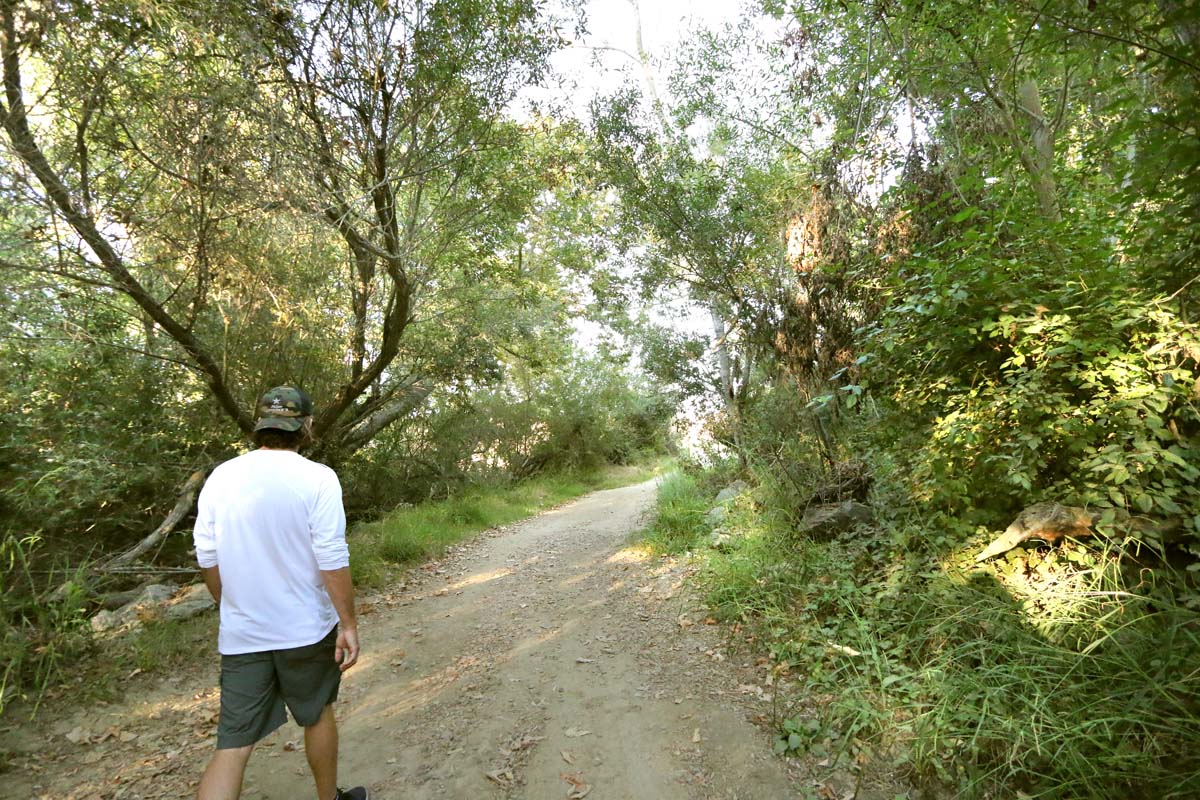



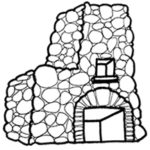




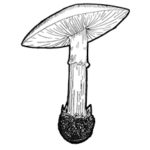
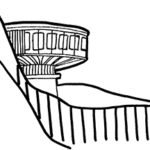



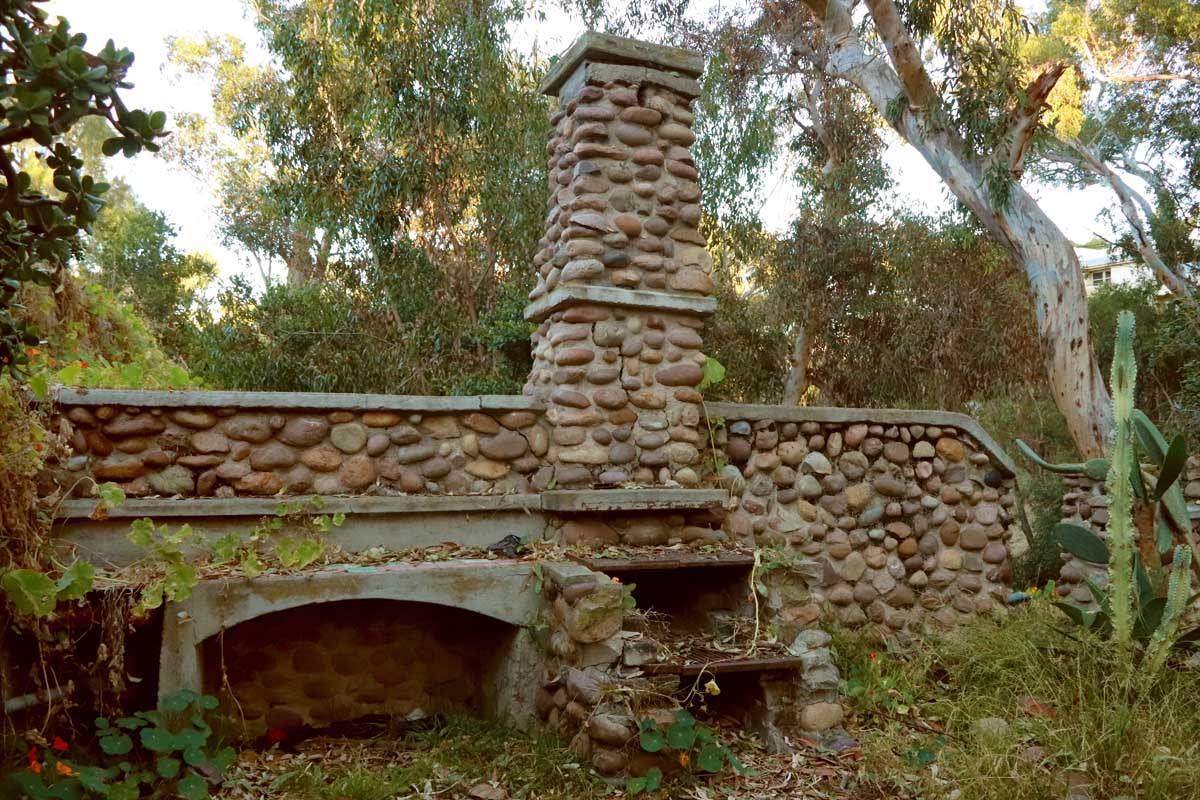
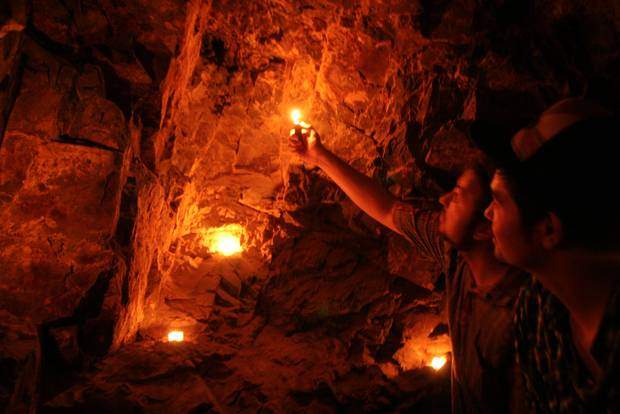
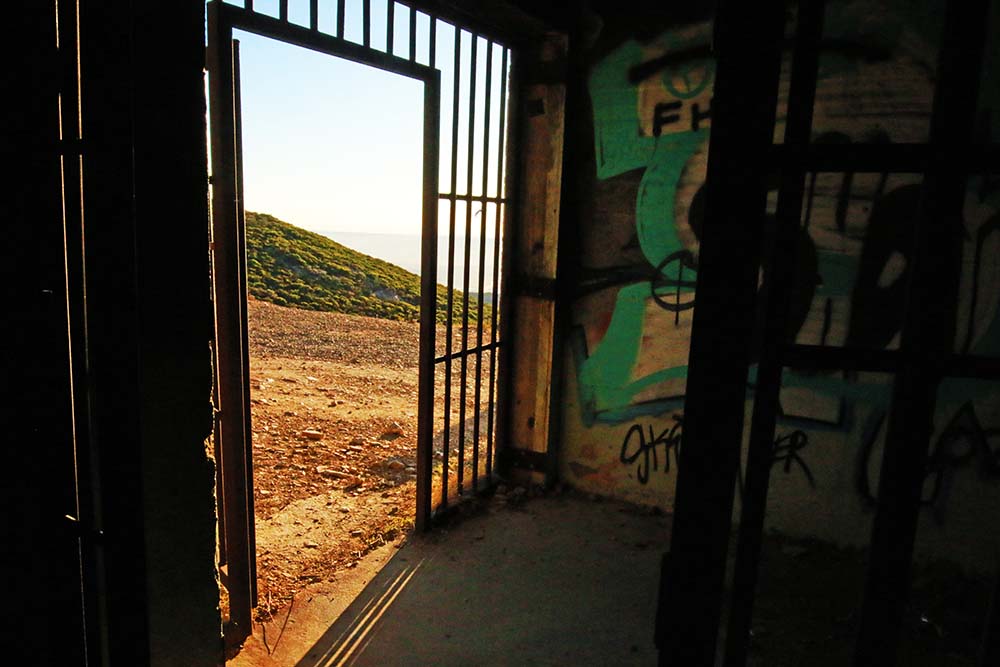
Brian S.
Interesting article. If there are rattlesnakes in the grass (there are), why is that little dog off leash? Find a concrete water tank on the hillside northwest of the homesite. It is inscribed Ramon and Henietta Lopez, with a 1953 date. Visitors to Los Penasquitos canyon Preserve are required to stay on established trails, unless you are on guided hike (no trail to this site).
April 9, 2020
Howard
I thought this looked familiar. I lived on Avenida Del Gato and this was the main way we would sneak into Penasquitos Canyon before it was a park as kids.
April 25, 2020
Anonymous
There were artifacts north east of the home site many years ago
May 3, 2020
Anonymous
@Brian S.,
That’s not a Dog, lol. Its a rock.
May 20, 2020
Will B.
This was not a Mexican period land grant. Ramon Lopez got this parcel of 160 acres
from the US government in 1890 but was probably on the property a few years before that. There is a Lopez canyon upper trail that passes by the house but parts of it have become overgrown. There is one tree still alive in the orchard yielding delicious apricots
every year.
January 30, 2022